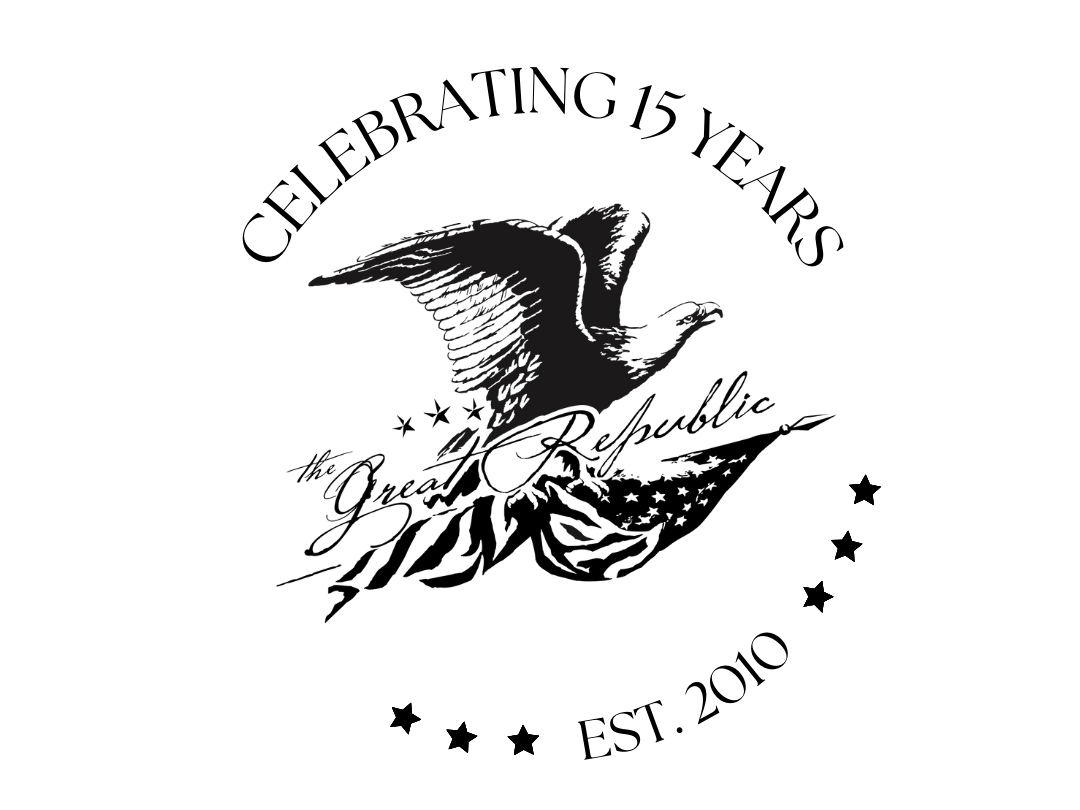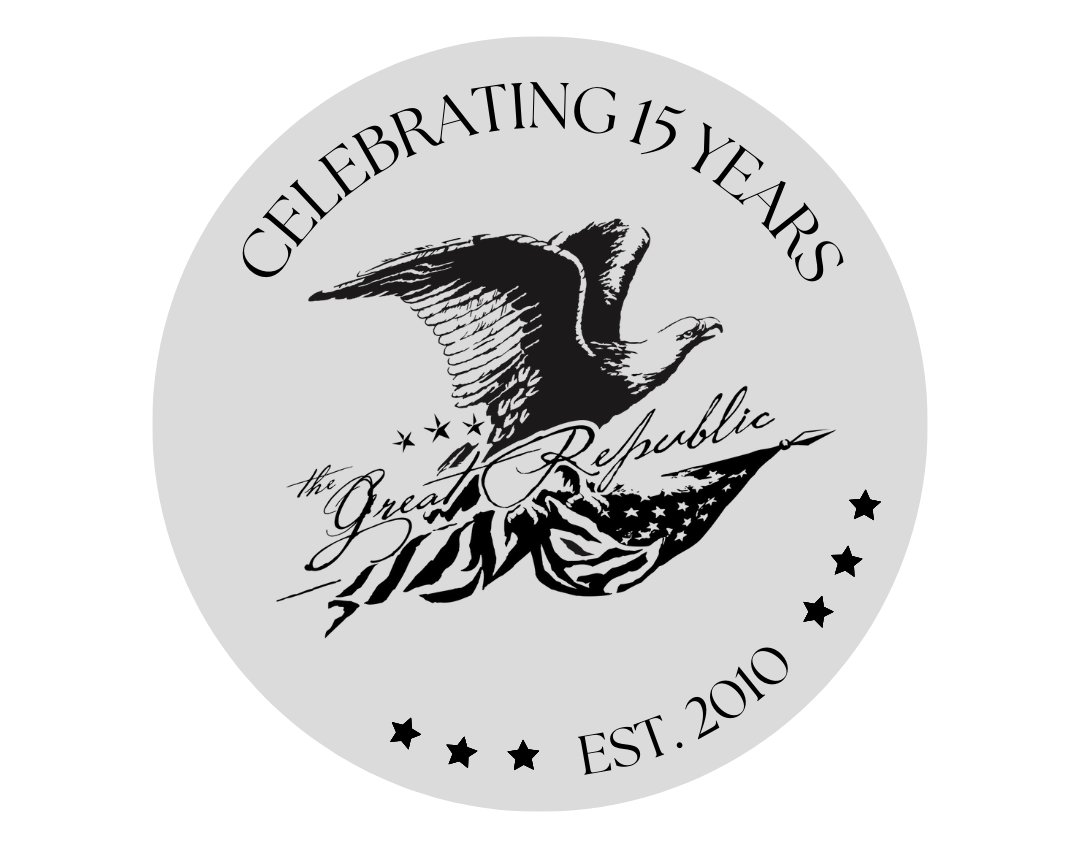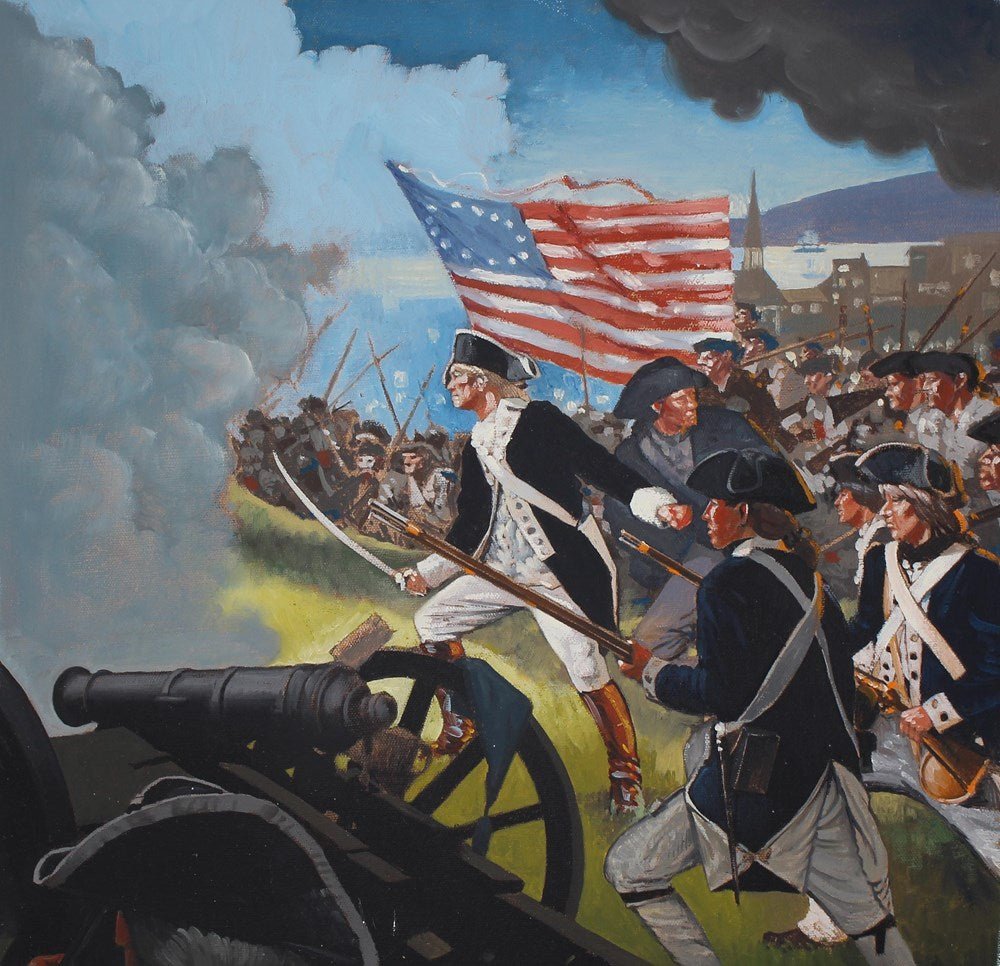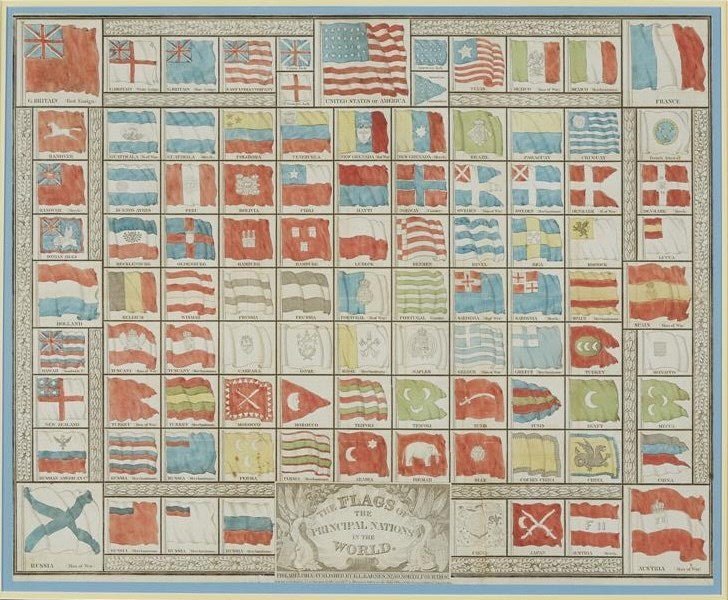Publication History of James Joyce's "Ulysses"
James Joyce’s Ulysses was considered by T.S. Eliot as “the most important expression which the present age has found.” However, the path to publication was not an easy one.
Joyce’s novel, inspired by Homer’s Odyssey and shaped by his own life in Ireland, sparked controversy and was met with apprehension and even blatant refusal by many for its sexual content and dialogue. From its first appearance in the American journal The Little Review, the book was threatened with confiscation. The long road to universal publication is what makes first and early editions of this work so valuable. The first episodes of the work appeared in The Little Review from March 1918 to December 1920. In 1920, after the publication of the “Nausicaa” episode, the secretary of the New York Society for the Suppression of Vice filed a complaint of obscenity. The Post Office halted the mailing of The Little Review, pending a court decision, and even went so far as to burn several issues of The Little Review. In February of 1921, the New York Court of Special Session ruled that Joyce’s work was obscene and fined the editors of The Little Review for publishing the work.
As a result, Joyce struggled to secure an American publisher for the book. By 1921, he had lost hope for the novel, until a friend named Sylvia Beach came to the novel’s rescue. Beach offered the novel a lifeline and published Ulysses from her Paris bookshop, Shakespeare & Company. Beach’s shop had become an epicenter for ex-pats, whimsical authors, and alike, such as Gertrude Stein, Sherwood Anderson, Ernest Hemingway, Samuel Beckett and others she called "the crowd." She published Ulysses in book form in Paris on February 2, 1922, in its first, limited edition of only 1,000 copies.
Later that year, Harriet Weaver of the London magazine Egoist Press bankrolled a second edition in Paris with only 2,100 copies. 500 copies of this edition were immediately seized by British customs and burned. Despite the American and British bans on the book, the novel was received well by many readers, and many paperbound copies were smuggled into their countries and sold at fantastic prices, sometimes as much as $50 each.
Ten years following its first edition, the American publisher Random House challenged the ban on Ulysses by openly importing a copy of it from France. They awaited its seizure from the Custom Office, with plans to challenge the obscenity law. When the book was seized, Random House and attorney Morris Ernst opened the ground-breaking case of the United States of America v. One Book Entitled Ulysses by James Joyce in December of 1933. After years of fighting for its publication, Joyce was finally free to publish Ulysses in the United States when it was declared not obscene and upheld by the New York Circuit Court of Appeals in 1934. Federal Judge John M. Woolsey ruled the work "a sincere and serious attempt to devise a new literary method for the observation and description of mankind.”
With the lifted ban on Ulysses in the United States, Random House published the first authorized American edition a month later. In this publication, Random House included a forward by attorney Morris Ernst, as well as the full text of the court decision. We offer that edition here for sale in its original dust jacket, presented in very good condition. The book tells a story not only of Joyce’s three main characters, but of censorship and the long journey to acceptance that the novel traveled to be considered today as a pivotal piece of Modernist literature.








